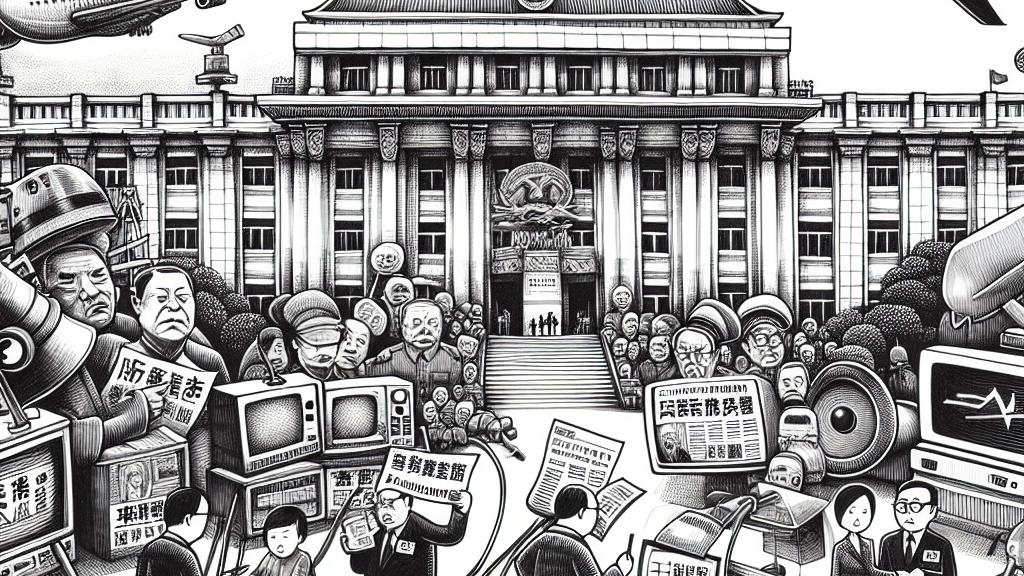Is Lai Ching-te Planning a Surprise Trip? Presidential Office Says No!
Overview
- Taiwan's Presidential Office refutes claims of President Lai Ching-te's planned overseas visits.
- Media speculation included potential travels to Paraguay and stopovers in the U.S.
- Foreign Minister previously hinted at the possibility of diplomatic trips on behalf of Lai.

Presidential Office's Clarification
In Taiwan, a recent announcement from the Presidential Office made clear that President Lai Ching-te has no immediate plans for foreign travel. This rebuttal came in response to a report from United Daily News, which asserted that Lai might be preparing to visit Taiwan's diplomatic allies, such as Paraguay, with potential layovers in the United States. Presidential spokesperson Karen Kuo criticized the media for spreading what she termed 'false' and misleading information. By promptly clarifying the situation, the Presidential Office aims to uphold transparency and ensure the public is accurately informed about the President's official activities, which is particularly critical in a politically charged environment.
Taiwan's Complex Diplomatic Landscape
Taiwan, or the Republic of China, operates under a distinctive set of diplomatic challenges due to the One-China policy promoted by the People's Republic of China. This policy has resulted in many nations recognizing only the PRC, limiting Taiwan's formal diplomatic presence to just 13 officially recognized embassies out of a total of 112 diplomatic missions worldwide. Consequently, potential foreign trips by high-ranking officials like President Lai not only serve to reinforce existing relationships with Taiwan's few allies but also carry significant implications for its standing in international affairs. A trip involving stops in the U.S. could be interpreted as a strong assertion of Taiwan's sovereignty and strategic importance in the region, thereby drawing considerable international attention.
Looking Ahead: Future Diplomatic Opportunities
Despite the current lack of confirmed overseas visits by President Lai, discussions around future diplomatic engagements continue. In the months leading to his presidency, Foreign Minister Lin Chia-lung mentioned intentions to facilitate Lai's travel to strengthen ties with Taiwan's diplomatic partners. However, the timing and nature of such visits require careful consideration, especially given the geopolitical sensitivities surrounding U.S.-Taiwan relations and the domestic political landscape in the United States. These upcoming decisions will be crucial in shaping Taiwan's diplomatic strategy and could influence global perceptions of its resilience and aspirations for international recognition.

Loading...